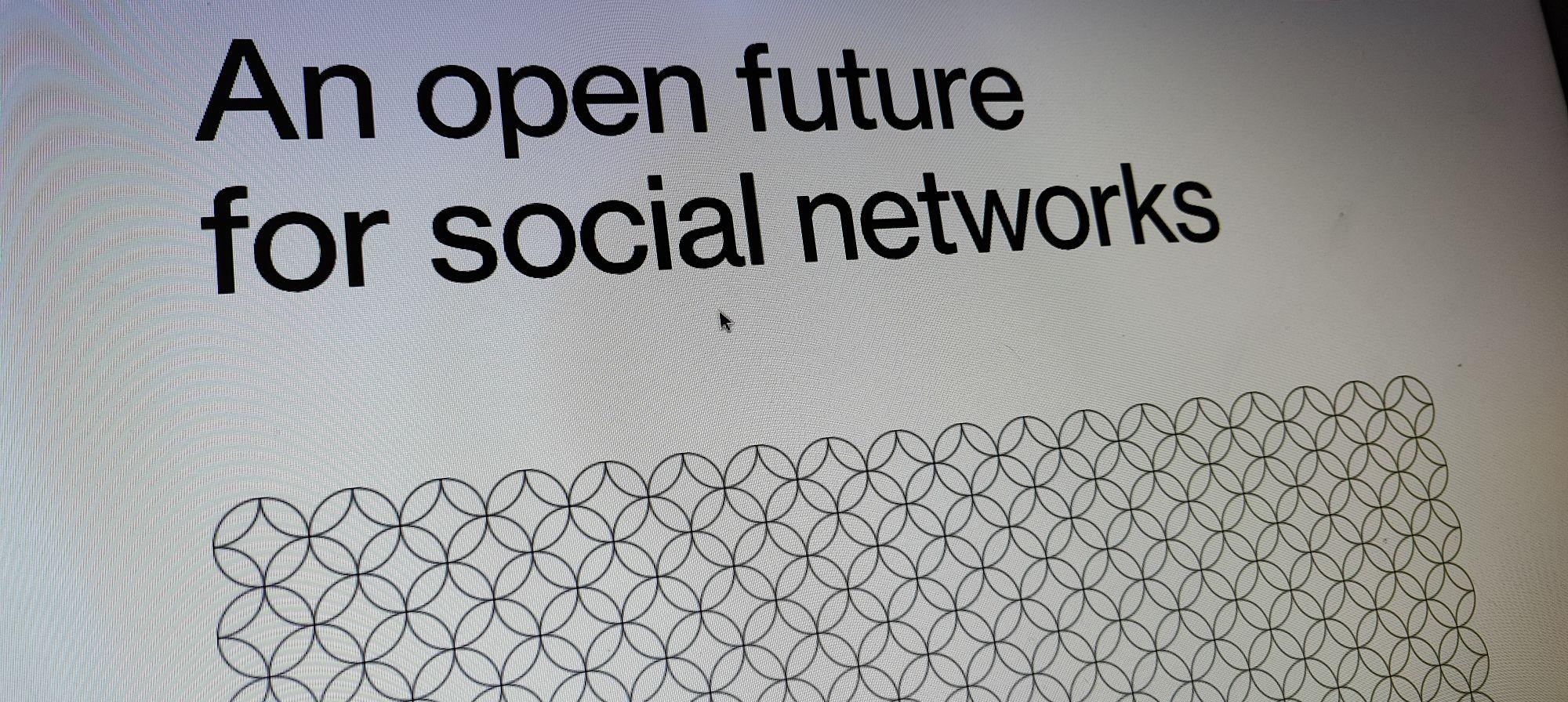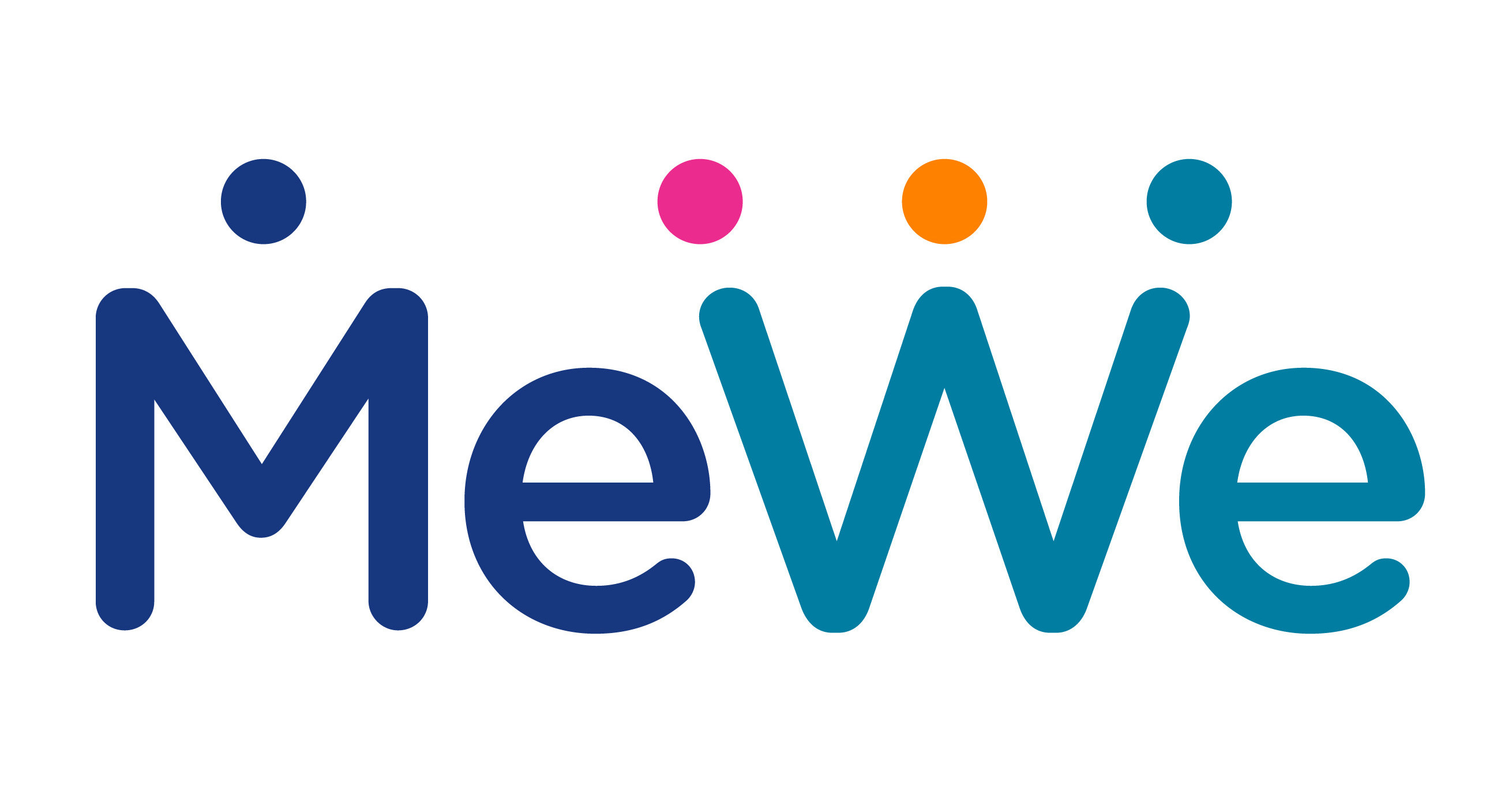Warum ist Friendica für Unternehmen, Verbände, Verlage, etc.. interessant
Der zögerliche Einstieg von Verlagen, Verbänden und Unternehmen in das Fediverse wird immer wieder mit dem Argument des enormen administrativen Aufwands begründet. Dies beginnt bei der Verwaltung¹ der registrierten Mitarbeiter und endet bei der "Reichweite"² ihrer Beiträge. Hinzu kommen praktische Erwägungen und Fragen der Informationssicherheit, die sich beim Zugang zum Hauptkonto stellen.
Warum kann Friendica gerade in diesem Bereich viele Probleme lösen?
- Friendica verfügt über eine LDAP-Schnittstelle, mit deren Hilfe die Benutzerkonten zentral verwaltet werden können. Kommen oder gehen Mitarbeitende, wird die Berechtigung mit nur einem Knopfdruck hinzugefügt oder entzogen
- Friendica verfügt über eigene Schnittstellen zu Bluesky, Tumblr und Diaspora. Diese Schnittstellen sind unter eigener Kontrolle (was für diese Gruppe nicht ganz unwesentlich ist) und werden nicht über ThirdParty-Dienste abgebildet. Eine einzelne Nachricht wird nicht nur an ein Netzwerk gesendet, sondern an alle, die für diese Unternehmung von Interesse sind. Zudem kann Twitter weiterhin direkt angesprochen werden, was die Reichweite noch einmal enorm erhöhen kann.
- Bei Friendica kann der Hauptaccount vom Redakteur getrennt werden. Mittels Delegation erhält ein Redakteur das Recht, Inhalte auf dem Hauptaccount zu erstellen und zu versenden. So kann die Gruppe der schreibenden Redakteure auf dem Hauptaccount begrenzt werden.
So kann die Gruppe der schreibenden Redakteure klar abgegrenzt werden.
Erweiterbarkeit, um die internen Bedarfe zu unterstützen
- Friendica kann durch ein Addon-System erweitert werden. So können Administratoren firmeneigenen Prozesse unterstützen, wie es die internen Abläufe verlangen.
- Friendica wird unter der GNU AFFERO GENERAL PUBLIC LICENSE veröffentlicht. Sie können also auch selbst zum Code beitragen, um das bestehende zu verbessern und im Sinne der Unternehmung zu beeinflussen.
Das Friendica Projekt kann auf eine Entwicklung verweisen, die 2010 gestartet ist und das heutige Fediverse maßgeblich beeinflusst hat.
Was es natürlich nicht löst, dass ist die fehlende Integration des Fediverse durch Unternehmenssoftware, die gleichzeitig auch die weiteren kommerziellen Netzwerke abdeckt.
#fediverse #friendica #verbände #jounalisten #verlage #presse #socialweb



